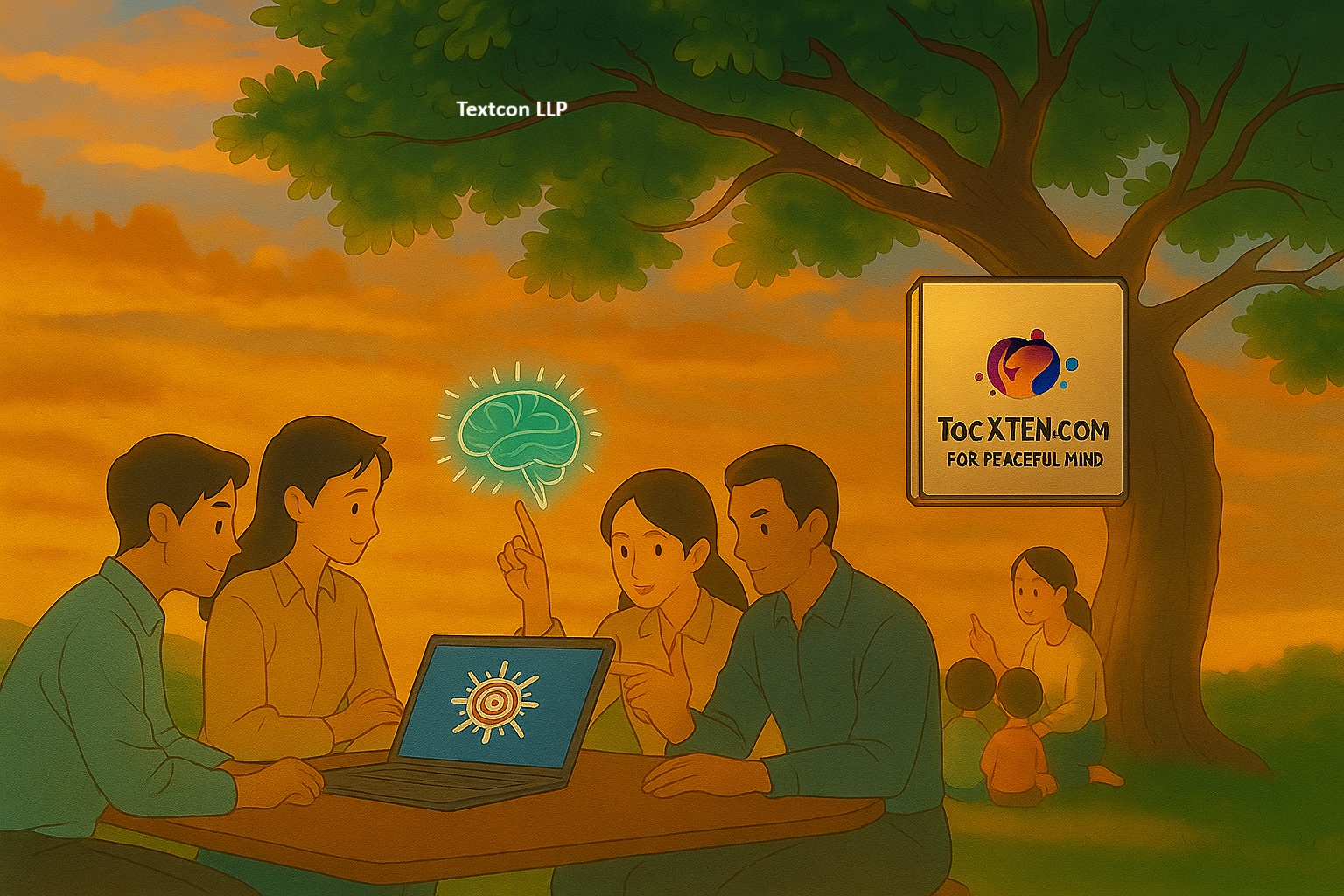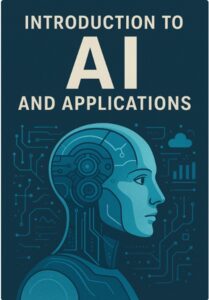As technology continues to evolve, transportation is poised for another significant transformation. The statement “Future is only for quantum vehicles, neither electric vehicles nor classical vehicles” suggests a bold vision for the future, where quantum technology overtakes both traditional gasoline-powered cars and modern electric vehicles (EVs). While electric vehicles have already made impressive strides in terms of sustainability and reduced emissions, the potential emergence of quantum vehicles may render both classical and electric models obsolete.
But what exactly are quantum vehicles, and how might they revolutionize transportation?
Classical Vehicles: A Legacy on the Decline
Classical vehicles, powered by internal combustion engines, have been the primary mode of transportation for over a century. However, with increasing concerns about carbon emissions, climate change, and the finite supply of fossil fuels, the limitations of these vehicles are becoming more apparent. Their reliance on gasoline and diesel fuel has significant environmental impacts, and their mechanical complexity often leads to costly repairs and maintenance. As society pushes for greener, more efficient solutions, classical vehicles are slowly being phased out.
Electric Vehicles (EVs): A Transitional Step
Electric vehicles are widely seen as the future of sustainable transportation. EVs have successfully reduced reliance on fossil fuels, offering clean energy alternatives and lower emissions. Major advances in battery technology and electric motors have made EVs more accessible and efficient, positioning them as a pivotal innovation in the automotive industry. However, EVs are not without their limitations.
- Battery Life and Charging Times: Despite improvements, battery life remains a concern, and long charging times still create inconvenience compared to the quick refueling of traditional cars.
- Range Anxiety: The distance an EV can travel on a single charge is still a limitation for long-distance journeys.
- Environmental Impact: While EVs eliminate tailpipe emissions, the production and disposal of batteries have their own environmental costs, including mining for rare earth materials and battery recycling challenges.
As advanced as EVs are, they may be viewed as a stepping stone to something far more groundbreaking—quantum vehicles.
Quantum Vehicles: The Hypothetical Game-Changer
Quantum vehicles represent a fascinating and speculative future, where quantum mechanics, quantum computing, and quantum materials converge to reshape the way we think about transportation. While the concept of quantum vehicles remains hypothetical, their potential impact on performance, efficiency, and sustainability could be nothing short of revolutionary.
1. Exponential Energy Efficiency
One of the most exciting prospects of quantum vehicles is their potential for exponential energy efficiency. Quantum mechanics allows for phenomena like superposition and entanglement, which could be harnessed to minimize energy consumption in ways that are unimaginable with today’s technology. A quantum vehicle could potentially operate on a fraction of the energy required by current electric or gasoline-powered cars, significantly reducing the environmental impact of transportation.
2. Self-Sustaining Energy or Faster Charging
In theory, quantum vehicles could recharge themselves while in motion, using advanced quantum energy harvesting mechanisms. Quantum systems might allow for instantaneous energy transfer at the subatomic level, eliminating the need for external charging altogether. Alternatively, even if charging were necessary, it could be completed in seconds rather than hours, drastically reducing the inconvenience associated with current EVs.
3. Advanced Materials for Stronger, Lighter Vehicles
Quantum materials, such as graphene and superconductors, could play a major role in the design and construction of quantum vehicles. These materials are incredibly light, yet stronger than anything currently used in the automotive industry. By reducing weight and enhancing durability, quantum materials would improve both energy efficiency and vehicle safety. A quantum vehicle could be not only more efficient but also more resilient, making it ideal for extreme conditions.
4. Quantum Sensing and AI for Enhanced Safety
Safety is a key area where quantum technology could make a significant impact. Quantum sensors, which are much more sensitive than classical sensors, could dramatically improve a vehicle’s ability to detect obstacles, changes in the environment, and potential hazards. These sensors, paired with AI systems powered by quantum computing, would allow quantum vehicles to navigate with unprecedented precision and speed.
The integration of quantum computing with AI would also enhance decision-making processes, enabling vehicles to react instantaneously to avoid accidents. Quantum AI could predict outcomes with far greater accuracy than classical AI, leading to safer roads and more efficient traffic management.
5. Revolutionary Propulsion Methods
Perhaps the most speculative but intriguing aspect of quantum vehicles is the potential for entirely new forms of propulsion. While current cars rely on internal combustion or electric motors, quantum vehicles might use quantum entanglement or other exotic quantum phenomena for propulsion. This could enable vehicles to travel at speeds and with efficiency previously thought impossible, opening the door to entirely new transportation methods and systems.
Quantum Self-Driving Cars: A New Level of Autonomy
Building upon the concept of quantum vehicles is the idea of quantum self-driving cars. Current autonomous vehicles use classical sensors and AI to navigate, but the introduction of quantum technology could take autonomy to the next level.
- Quantum Computing for Enhanced Decision-Making: With quantum computing, self-driving cars could process vast amounts of data in parallel, making split-second decisions with far greater accuracy than current systems. This would be especially beneficial in unpredictable environments or during complex traffic situations.
- Quantum AI for Predictive Driving: Quantum algorithms could enable cars to predict and anticipate the movements of other vehicles, pedestrians, and even weather patterns. This predictive capability would drastically reduce the likelihood of accidents, making self-driving cars more reliable and safe.
- Quantum Sensing for Superior Awareness: Quantum sensors would provide quantum self-driving cars with an unprecedented level of environmental awareness, allowing for safer and more efficient navigation. With superior sensitivity, these sensors could detect potential hazards at far greater distances than traditional systems.
Challenges and Considerations
While the concept of quantum vehicles is exciting, it’s important to note that this technology is still in its infancy. Practical quantum vehicles are likely decades away, and the technological hurdles to overcome are immense. Quantum computing itself is still being developed, and applying quantum mechanics to materials and propulsion systems presents significant scientific and engineering challenges.
Additionally, the infrastructure required to support quantum vehicles would need to be developed alongside the technology. Regulatory standards, energy grids, and transportation systems would need to be adapted to accommodate the unique characteristics of quantum vehicles.
Conclusion: A Hypothetical Future, But One Full of Promise
The idea of quantum vehicles represents a radical departure from current transportation technologies. While classical vehicles and electric cars have shaped the past and present, quantum vehicles might shape the future, offering unparalleled energy efficiency, sustainability, and safety.
Though still in the realm of speculation, quantum vehicles and quantum self-driving cars open the door to possibilities that could revolutionize the way we travel. If and when these vehicles become a reality, they could render today’s transportation systems obsolete, ushering in a new era of innovation and efficiency that goes far beyond what we can currently imagine.





